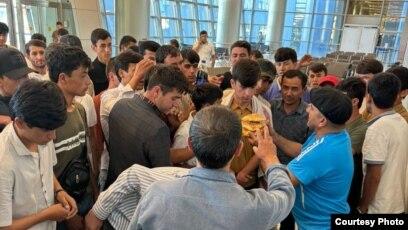Tajikistan Migration: An Overview
Tajikistan, a Central Asian nation, has seen significant migration patterns that impact its families. Many Tajiks migrate abroad in search of better economic opportunities. This movement often leaves family members behind, leading to challenging socio-economic conditions.
Impact on Families
The effects of migration extend far beyond individuals; families are often significantly impacted. Spouses, children, and elderly relatives can feel the emotional toll of separation. These challenges can lead to a breakdown in family dynamics and mental well-being.
Economic Incentives and Challenges
Financial remittances are a primary benefit of migration, providing support for families. In fact, remittances account for a substantial portion of Tajikistan’s GDP. However, reliance on these funds can create economic vulnerabilities as families wait for loved ones to return home.
Innovative Solutions for Families Left Behind
To address the challenges faced by families left behind, various strategies are being explored. Enhancing local economic opportunities is crucial for reducing dependence on migration. This can involve skills training, microfinance initiatives, and community development projects.
Support Systems and Resources
Creating robust support systems can help families cope with the stresses of migration. Access to psychological support services and community networks can improve resilience. Additionally, organizations like The Borgen Project are working to raise awareness and provide assistance to those affected.
The Role of Policy Makers
Local and national governments play a vital role in addressing migration issues. Effective policies that promote safe migration can help mitigate the negative impacts on families. Developing social protection systems for those left behind is essential in fostering stability and security.
Conclusion
Tajikistan’s migration landscape presents significant challenges for families left behind. However, through targeted initiatives and support systems, it is possible to improve their circumstances. Addressing the needs of these families is not only a responsibility but also a pathway to stronger communities in Tajikistan.

